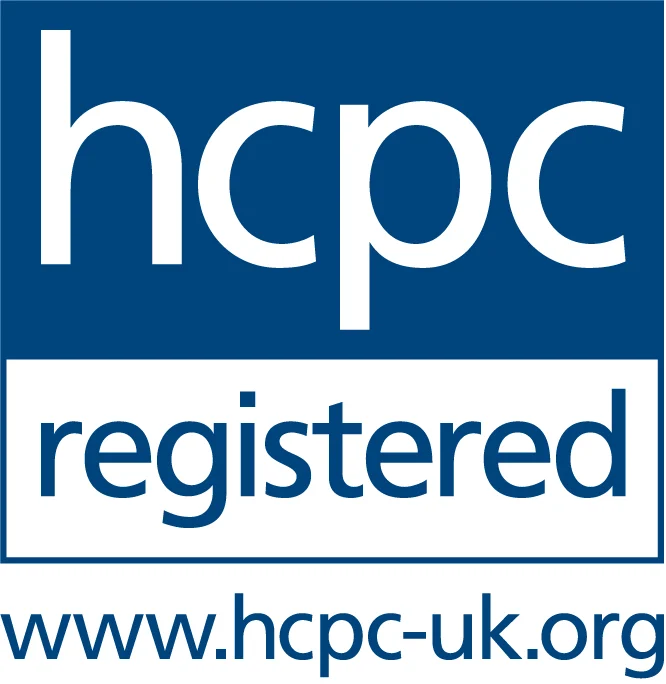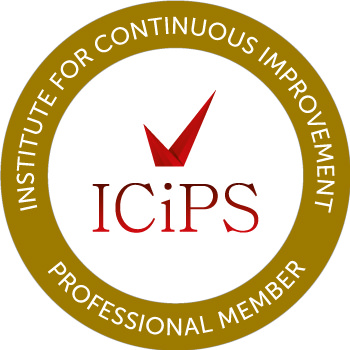Assessment of Autism Spectrum Disorder (ASD). What is Autism Spectrum Disorder (ASD)? What is a neurodiversity? How do I know if I need an assessment? What's involved in an assessment? How can a diagnosis help?
Read PostWhat is Obsessive Compulsive Disorder (OCD)?
Many of us have habits or routines that help us feel in order, like checking the door is locked before going to bed or organising our desks how we like. However, for those living with Obsessive Compulsive Disorder (OCD), these behaviours aren’t just preferences or quirks, they’re part of a distressing cycle of intrusive thoughts (obsessions) and repetitive actions (compulsions) that can significantly interfere with daily life.
OCD is a mental health condition that affects people of all ages, genders, and backgrounds. Symptoms often begin in adolescence or early adulthood, but can start as early as age 6.
What are the Symptoms of OCD?
OCD is defined by the presence of obsessions, compulsions, or both. These symptoms can be time-consuming (taking up more than an hour a day), cause significant distress, and impact important areas of life, such as work, relationships, and self-care.
Obsessions:
Obsessions are unwanted, intrusive thoughts, images, or urges that repeatedly enter your mind and cause distress. They often feel irrational, but are difficult to ignore or control.
Common themes in obsessions include:
- Contamination fears (e.g., germs, dirt).
- Doubts about harm (e.g., leaving the door unlocked, harming others).
- Symmetry and ‘just right’ needs (e.g., ordering, arranging).
- Taboo thoughts (e.g., violent, sexual, religious).
Compulsions:
Compulsions are repetitive behaviours or mental acts that a person feels driven to perform in response to an obsession. They are meant to reduce anxiety, or prevent a feared event, but the relief is usually short-lived.
Common compulsions include:
- Excessive hand-washing or cleaning.
- Checking (e.g. doors, locks, appliances).
- Repeating actions (like walking through a doorway multiple times).
- Mentally reviewing past events.
- Seeking reassurance from others.
- Arranging or ordering items until they feel "just right".
OCD Assessment:
During your assessment appointments, your clinical psychologist will explore the specific content of your obsessions, and the rituals you use to manage them, asking how much time these thoughts and behaviours occupy each day and how they impact your work, relationships, sleep, and self-care routines. You may then complete a brief questionnaire or be guided through a questionnaire, such as the Yale Brown Obsessive-Compulsive Scale (Y-BOCS), a clinician-rated tool that measures the frequency, intensity, and interference of your symptoms.
Your score directly informs the psychological formulation of your difficulties alongside a clinical interview, and the treatment plan. Depending on the severity and intensity of your symptoms, how long you have had them, and how much they are impacting your life, these factors will indicate whether to start psychological therapy with low-intensity guided self-help, or CBT (Cognitive Behavioural Therapy) with ERP (Exposure and Response Prevention). Your progress in therapy is usually measured regularly as you go along.
Causes and Risk Factors:
While the exact cause of OCD remains unclear, several factors contribute:
Biological:
Abnormal activity in brain circuits (cortico‑striato‑thalamo‑cortical pathways) and neurotransmitter imbalances (especially serotonin) may underlie OCD symptoms.
Genetic:
Family studies show an increased risk. Certain gene variants (e.g., serotonin transporter gene clusters) appear to raise OCD susceptibility.
Learned Behaviour:
Compulsive responses can be reinforced over time, teaching the individual that rituals relieve anxiety.
Life Events:
Stressful or traumatic experiences (e.g., abuse, childbirth, bereavement) can precipitate or exacerbate OCD symptoms.
Personality Traits:
Perfectionism, high responsibility, and anxious temperament may increase vulnerability.
Diagnosis:
Diagnosis typically involves:
Psychological Assessment:
A mental health professional will explore your thoughts, feelings, and behaviours, and may interview family or friends with your consent.
Physical Examination:
To rule out medical conditions that could mimic OCD symptoms (e.g., thyroid dysfunction) your clinical psychologist will usually recommend that you visit your GP for a blood test to rule out any medical conditions.
Treatment Options:
Treatment aims to reduce symptom severity and improve quality of life. Often, a combination of psychological therapy and medication is most effective.
Psychological Therapy:
CBT (Cognitive Behavioural Therapy) with ERP (Exposure and Response Prevention) is a treatment that gradually exposes you to feared situations (e.g., touching ‘contaminated’ objects) and prevents the habitual response, teaching new ways to tolerate anxiety.
Medications:
Medication can sit alongside psychological therapy. Your GP can discuss medication options. These are usually SSRIs (e.g., fluoxetine, fluvoxamine, sertraline) which can help to reduce obsessions and compulsions. Clomipramine (a tricyclic antidepressant) is sometimes used when SSRIs are ineffective.
When to Seek Help:
If your thoughts or behaviours are interfering with your daily life, relationships, or ability to focus, it’s important to reach out. OCD is treatable, and help is available.
Schedule Consultation
If OCD is preventing you from living your life to the full, schedule a consultation with Equilibrium Practice - we can work with you to help you overcome OCD.
Schedule ConsultationWritten by Harriet Perring (Assistant Psychologist), under the clinical supervision of Dr Lorna Stewart (Clinical Director, Consultant Clinical Psychologist).
Disclaimer: All blog content is for information only and is not mental health treatment.
Other Posts
What is Cognitive Behaviour Therapy (CBT)? How does CBT work? How do I know if CBT is right for me? What happens during CBT?
Read PostWhat is Acceptance and Commitment Therapy (ACT)? How are CBT and ACT different from each other? What happens in ACT?
Read PostWhat is Exposure and Response Prevention (ERP)? How ERP works. The vicious cycle of OCD and how ERP helps. ERP vs psychotherapy. What to expect in ERP.
Read PostWhat is STAIR Therapy? What are the goals of STAIR?
Read PostWhat is anxiety? What are the symptoms of anxiety? What are the different types of anxiety disorders?
Read PostWhat is Depression? What are the symptoms of depression? What are the causes and risk factors? Impacts on daily life.
Read PostWhat is Childhood ADHD? How common is Childhood ADHD? What causes Childhood ADHD? What are the symptoms of Childhood ADHD? How is Childhood ADHD diagnosed? Related conditions. How is ADHD treated?
Read PostWhat is Adult ADHD (Attention Deficit Hyperactivity Disorder)? How common is Adult ADHD? What causes Adult ADHD? What are the symptoms of Adult ADHD? How is Adult ADHD diagnosed? Related conditions and treatment.
Read PostWhat is Dental Anxiety, or Dentophobia? What are the symptoms? What are the causes? What is the overlap between Dentophobia and Blood-Injury-Injection Phobia? What is the treatment?
Read PostWhy isn't 'Asperger's Syndrome' a diagnosis anymore? What do we call 'Aspergers' Syndrome' now? What if I had a diagnosis of Asperger's Syndrome before 2013?
Read Post




